My father recently forwarded an e-mail he received from a friend with a link to a TV news story about a physician who treated her own husband’s worsening Alzheimer’s disease with coconut oil. My father is interested in the topic, particularly since he knows someone who suffered and died from the disease. He forwarded the e-mail to me, asking my opinion.
The physician, Mary Newport, MD, is a neonatologist. She explains that Alzheimer’s is thought to be similar to diabetes in that it involves an impairment in the ability of brain cells to respond to insulin and take in the glucose needed to provide energy. As a result, brain cells die and eventually brain function is reduced. She reasoned that the brain cells may avoid death by relying on an alternative fuel, ketones. She identified coconut oil as a good dietary source of ketones. So, she introduced coconut oil into her husband’s diet and noted improvement in his brain function. She documented this improvement with a “clock test,” showing how a hand drawing of the face of a clock done after initiation of coconut oil treatment was more coherent and detailed that a drawing done before the treatment. Excited by the promising results, she wrote a book, started a web-site, and started doing radio and TV interviews to disseminate information about her new treatment.
From the simple explanation, it seems biologically plausible. And, I’m sure that Dr. Newport had nothing but the best intentions, motivated by love for her husband and a desire to help millions of people suffering from Alzheimer’s. And, it is possible that she is absolutely right. Coconut oil may be a simple, inexpensive, non-invasive, effective treatment for the disease.
But, obviously, we would not want to make decisions about treatments from a single data point, where the main outcomes measurement was a subjective assessment about how coherent a hand drawing of a clock was.
It would have been more appropriate for this physician to actually do the work of scientific research before disseminating results. That would start with writing a study proposal, convincing peers in a study committee for a research granting agency that it was a plausible and promising idea. Then, she would conduct a randomized study, making objective measurements or collecting careful observations by impartial observers. Then, she would analyze the results to see if there is a statistically significant difference in the outcomes between the treatment group and the control group. The purpose of the statistical significance test is to assure that there is a low probability that any observed differences are just due to chance. Finally, she would do the work of writing up a paper and submitting it to a peer reviewed journal to convince expert reviewers that there were no obvious flaws in the methodology. Only then should she consider further dissemination of the information, such as by writing a book, starting her own web site, and doing TV and radio interviews.
The scientific approach to medical innovation has served us well as a society. When this physician went straight from one observation to TV interviews, she short-cut the scientific approach. She may be helping people with Alzheimer’s. But, she may potentially be distracting Alzheimer’s patients from seeking proven treatments or diverting funding away from competing innovative treatment ideas that have gone through the scientific “front door.” More generally, she may be harming our society’s commitment to a scientific approach.
The fact that the treatment is a type of food, rather than a patentable drug, admittedly changes the situation. No drug company wants to fund research on coconut oil. And, the coconut oil industry is not familiar with clinical research, even if they could benefit from increased demand for treatment of Alzheimer’s. This is a good argument for why the National Institutes of Health and private research foundations should fund more research related to diet and natural remedies. It should not be an argument for short-circuiting the scientific approach to health care innovation.
Fortunately, a research team from Oxford is pursuing a randomized clinical trial to test the use of dietary ketones as a treatment for Alzheimer’s. The Oxford team is testing a specialized ketone ester that is thought to be ten times better than coconut oil in terms of delivering ketones to the interior of brain cells. Results should be available later this year. Hopefully, they will show meaningful improvement.


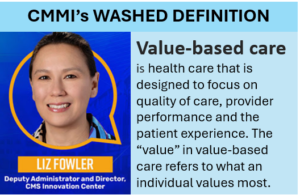


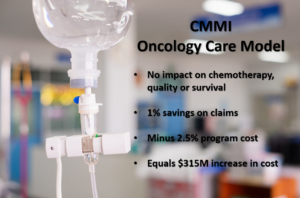





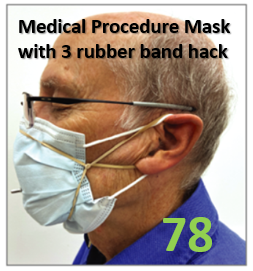
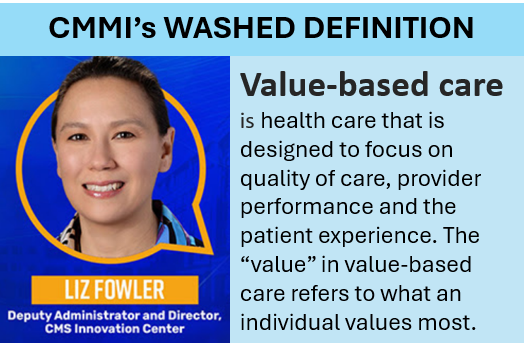


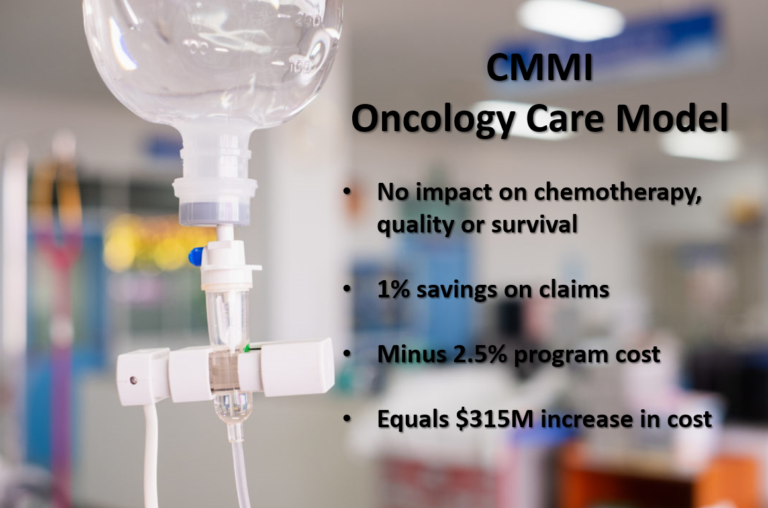

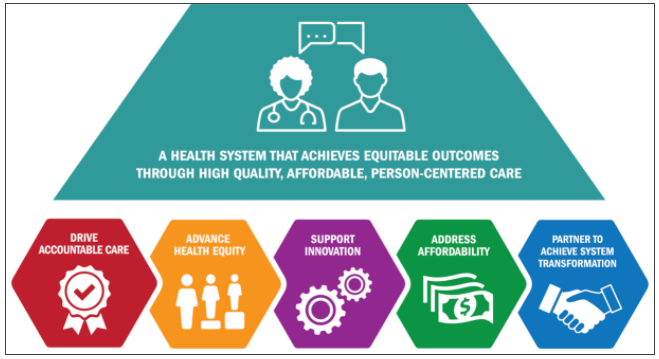
7 thoughts on “Coconut oil as an Alzheimer’s treatment? Please don’t short-circuit science.”
You know medical science is losing more and more of my respect by the week, the FDA, nor medical doctors the final authority to me, and my families health. A cure for Cancer was found all the way back in the 30s, in fact a Doctor by the name of Dr. Otto Warburg showed the medical community exactly what it needed to defeat cancer. Otto discovered that Cancer can not survive in a high oxygen enviroment. Dr.Max Gerson went even further than Warberg in taking thousands of stage 4 cancer patients from death’s door step, to full recovery, with only giving them a organic coffee enema, and organic fruit juices. So, seeing that medical science still insist on putting people through the hell of Chemo theropy, and other cancer treatments that kill health cells, along with cancer cells, I have turned my back on conventional medicine.
Eric, I agree that chemotherapy can have hellish side effects. I’m not familiar with the work by Max Gerson, but the Wikipedia article on his work refers to an analysis by the National Cancer Institute discrediting his work. So, although the idea of curing cancer with coffee and fruit juice is more appealing than chemotherapy, I don’t think it is wise to forego evidence-based treatment. In the words of one of my heroes, Edwards Deming, “In God we trust. All others must bring data.”
We started giving my father, who has middle-late stage Alzheimer’s, coconut oil about a week ago. I was totally skeptical so much that I didn’t even assist with giving it to him. But in the past few days we have seen a definite change in his mental ability. I am pretty blown away by how sustantial and obvious the change has been. He is still a long way from not having the disease, but the stuff seems to be doing something. The only variable which could be faking us out is that I think his caffeine intake has been a little bit higher as well. But having been around him enough to see him through various levels of caffeine intake (ie, we don’t measure his coffee out for him so it naturally varies a bit in quantity and strength day-to-day), I really think the coconut oil is doing something. An Oxford study seemed to find similar results recently.
The thing that resonates w/ me is why not try it. Coconut oil will not harm you unless you have an unknown allergy to it. For something that has no cure, I see no reason to try coconut oil. My mom died of early onset Alzheimer’s 11 years ago. She was diagnosed in her 50s and died at 63. It wouldn’t have hurt at all to give this a try. Why wait years and years and years for test results on coconut oil?
Meg and Marty, thanks for your thoughtful comments. For patients and families, it may be desirable to try something that might work, particularly if it is not thought to be harmful and is not unreasonably costly. My point was that, for health care professionals, researchers and health care policy-makers, there is a responsibility to refrain from advocacy for a treatment that “might work” until after doing the hard work of proving that it really does work. So, my plea to avoid short-circuiting science is really not directed at patients and families. On the other hand, it is important for patients and families to be smart consumers of information — able to tell the difference between proven vs. unproven therapies. Hopefulness is a good thing, but it also has the potential to cloud good judgment.
Pingback: Coconut Oil for Alzheimer’s! « Como Tu y Como Yo
My spouse and I suffered from HSV, herpes simplex virus for over 14 years without a possible way to get rid of it, we long had a dream life with early retirement and then, when we went to find out about the weakness, our whole world almost changed. There are so many things that can be said abt the suffering and frustration of people with herpes, we look back now and realize in many ways how lucky we were to have found Dr Okosun, a herbal doctor from africa. He was able to get rid of herpes virus totally with herbal medicine. I was BLOWN AWAY by how effective the herbal formula was. I recommend y,all suffering from drug resistance viruses and diseases to Dr okosun, for he cured me and my spouse permanently from herpes and he can cure yall too. (drokosun55@gmaill.com)
Call or WhatsApp +2349117617336